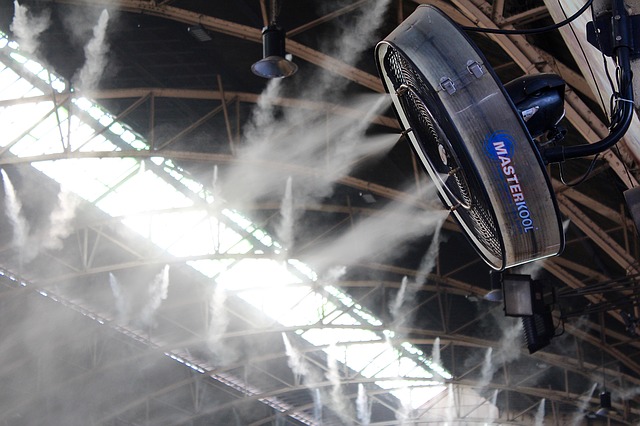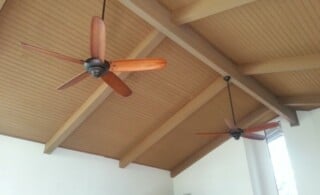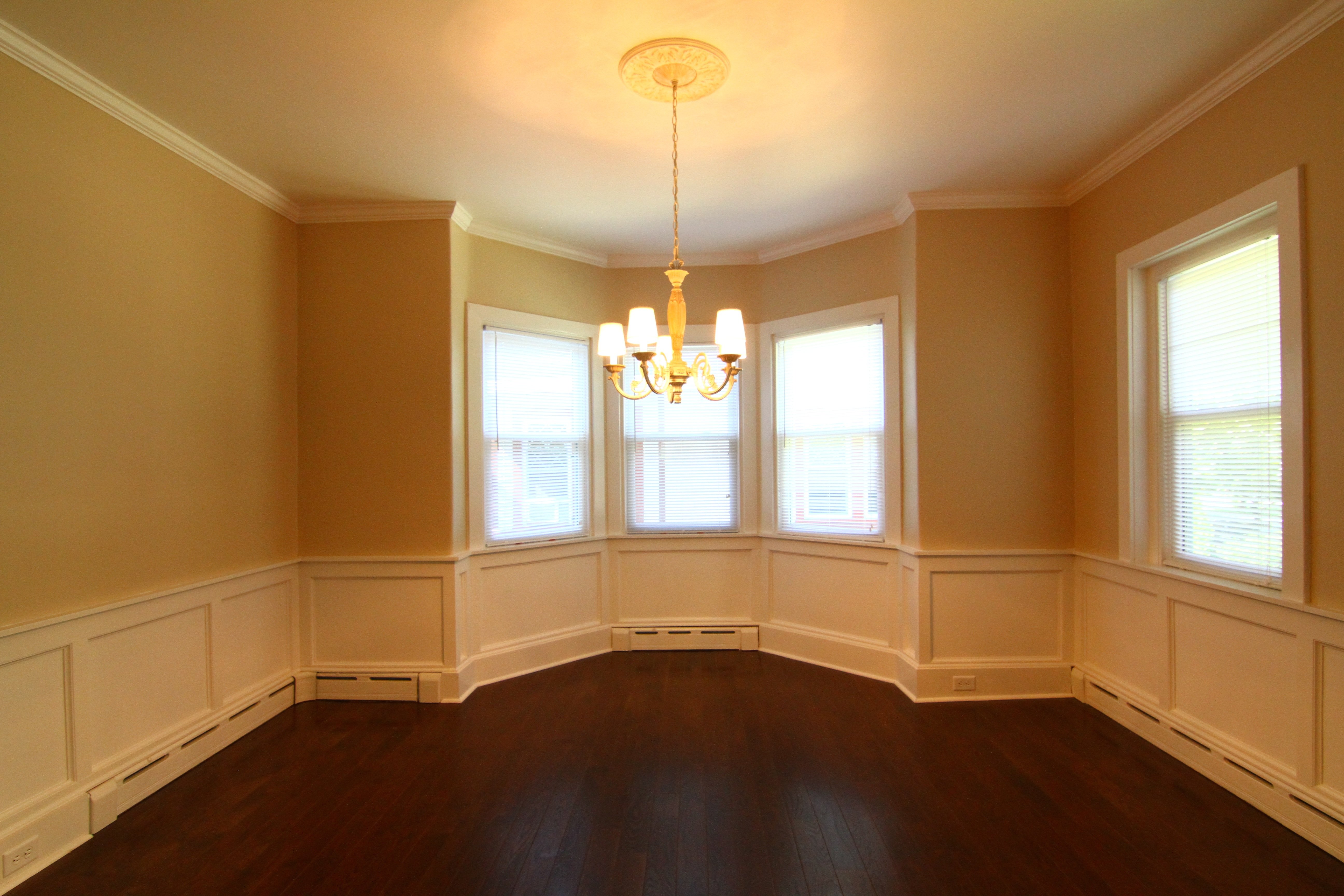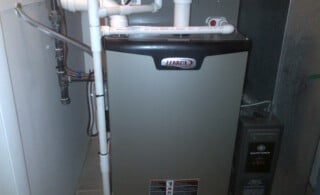
Determining whether you need a home humidifier is easy. Your home should have a constant humidity level between 35 and 50 percent (a little more in summer, a little less in winter). Any time your home’s humidity level drops below that, you’d be better off humidifying the air. If you live in the Western United States, there’s a chance your home could use a humidifier year round. If you live elsewhere, you probably don’t need a humidifier except during the winter months, when constantly running furnaces dry out the air in your home. Regardless of where you live, however, home humidifiers can have a big impact on everything from improving your health to saving you money.
The Benefits of a Humidifier
Most homeowners mistakenly think that the main benefit of a humidifier is to alleviate the minor health irritations (dry noses, throats, and skin) that are commonplace with dry air. While home humidifiers do help with these nuisances, they also perform a few other useful functions.
- Home Humidifiers are Good for Your Health: Most people don’t realize it, but dry air is actually the perfect breeding ground for many viruses that cause flu and cold symptoms. This factor is one of the primary reasons cold and flu seasons start about the same time that everyone’s furnace starts working overtime. Maintaining an ideal humidity level in your home is a good preventative measure against getting the sniffles, or something worse, during the winter months.
- Humidity Is Good for Your Home: When the humidity in a home drops, so does the moisture level of everything it’s made out of, and everything in it. Doesn’t sound like a big deal, until you realize that low humidity can cause wallpaper to peel, wood flooring to dry out, separate, and crack, and wood furniture to crack and split. That being the case, setting up a home humidifier can save you from some serious repair bills down the road.
- Humidity Makes the Air Feel Warmer: A final reason to install home humidifiers is because dry air feels cooler than humidified air. This is largely due to the amount of moisture dry air wicks off your skin. Put 2 and 2 together, and you’ll quickly realize that the warmer you feel, the less your furnace will be running. In other words, installing a home humidifier can also save you money on utility bills, since you won’t set your thermostat as high when your home’s humidity is maintained at an ideal level.
Ready to start your Humidifier Installation?
Find ProsTypes of Humidifiers to Choose From
Most homeowners choose from two types of home humidifiers. Desktop models are easily transportable, can be moved from room to room, and are available in both steam humidifiers and cool mist varieties. They are handy, but they also require a lot of maintenance and attention, and they only humidify one room at a time.
The other option is a whole house humidifier. Compared to small steam and cool mist humidifiers, these larger units are installed directly into your central heating and cooling system, and deliver humidity to the entire home instead of just one room. If your home suffers from the type of dry air common in most homes during the winter months (furnaces can easily reduce humidity levels to 5 or 10%), a whole house humidifier is easily the best choice for you.
If you’re interested in a whole house humidifier, talk to a contractor who specializes in their installation in order to get your project underway.
 Ceiling Fan Installation
Ceiling Fan Installation  Baseboard Heating Options & Benefits
Baseboard Heating Options & Benefits  Forced Air Heating Systems – How They Work & Options
Forced Air Heating Systems – How They Work & Options  Consider Wood-Burning Furnaces
Consider Wood-Burning Furnaces  Outdoor Heaters: a Refuge from the Cold
Outdoor Heaters: a Refuge from the Cold 

Are You Familiar With This Topic? Share Your Experience.